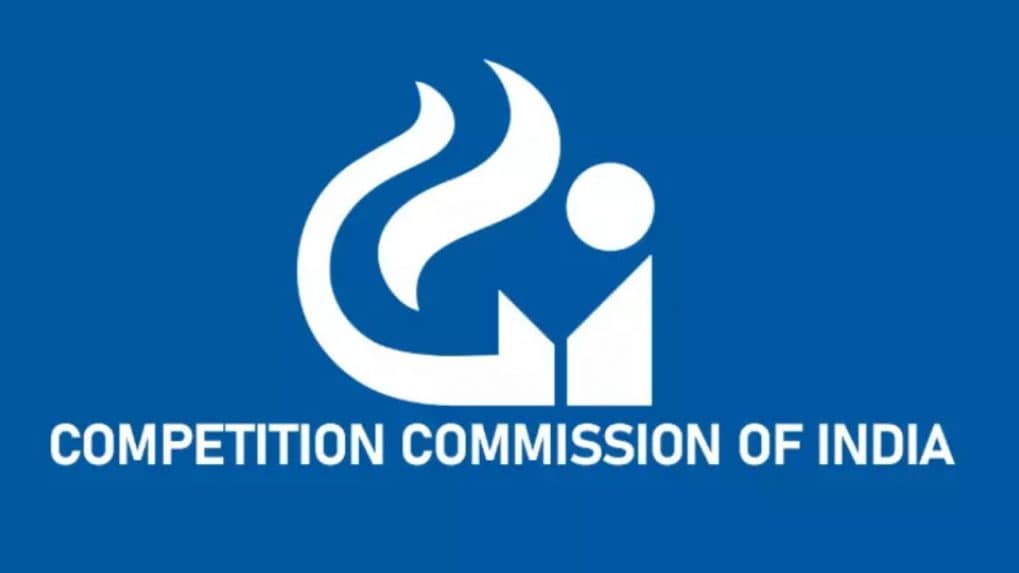CCI Raids: AAAI's advisory to agencies could backfire, say experts
Empowered under section 36 of the Competition Act, 2002, which grants the Commission extensive regulatory powers. These include summoning individuals, enforcing document production, examining witnesses, and requisitioning records from various offices.
ADVERTISEMENT
A recent advisory issued by the Advertising Agencies Association of India (AAAI) to media agencies has raised concerns regarding potential repercussions, bringing the matter under the Competition Commission of India's (CCI) lens. This move has the potential to escalate the ongoing investigation into alleged media cartelization, possibly exposing media agencies and industry bodies to further scrutiny.
Read more: CCI crackdown on major media agencies may spur advertisers' shift to 'hybrid in-housing'
The decision to issue an advisory comes in the wake of CCI raids on several major media agencies, including Dentsu, Omnicom, Havas, Madison, IPG, GroupM, and Publicis. The raids also extended to industry bodies such as the AAAI, the Indian Society of Advertisers (ISA), and the Indian Broadcasting and Digital Foundation (IBDF). These investigations highlight the intensifying scrutiny on alleged anti-competitive practices within the media sector.
According to sources, the AAAI’s advisory, issued on March 26, directed media agencies to refrain from any direct or indirect exchange of price-sensitive information. It also emphasized that agencies must establish their pricing strategies independently, without sharing such details with competitors.
Competition lawyer Aniket Ghosh noted that the advisory could potentially backfire, leading to adverse action by the CCI. He pointed out that the very act of issuing a directive suggests that media agencies were previously coordinating their actions. This, in turn, could strengthen the CCI’s case against them.
Empowered under section 36 of the Competition Act, 2002, which grants the Commission extensive regulatory powers. These include summoning individuals, enforcing document production, examining witnesses, and requisitioning records from various offices.
A senior lawyer said, "The CCI can demand the copy of advisory for further scrutiny and it can also probe the matter further for potential irregularities in the advertising sector and determine whether anti-competitive practices have influenced media transactions."
As the CCI intensifies its probe, the media industry faces an uncertain future, with potential ramifications for agencies involved. The outcome of this investigation will likely set a precedent for how media agencies operate in India.


